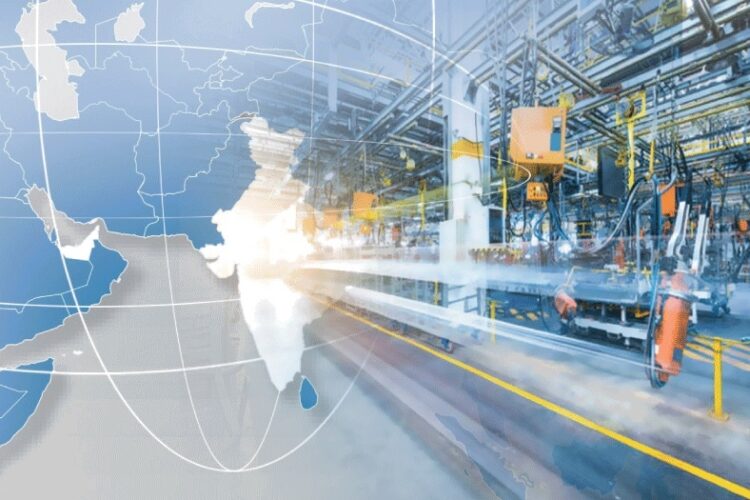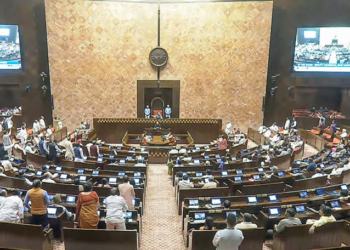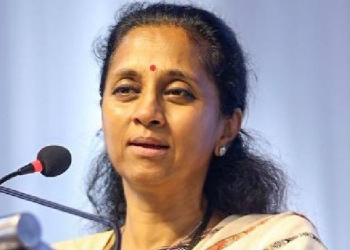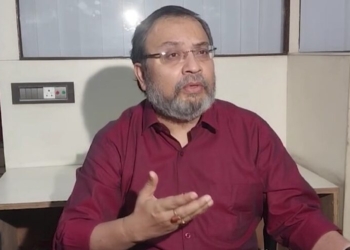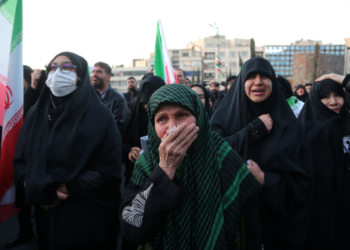New Delhi: The India Cellular and Electronics Association (ICEA) on Monday urged the global and domestic supply chain stakeholders to capitalise on the opportunities in the production-linked incentive (PLI) scheme 2.0 for IT hardware in the country.
With a substantial budgetary outlay of more than $2 billion, the initiative heralds a significant pivot towards bolstering the IT Hardware manufacturing landscape in the country, ICEA said in a statement.
The PLI 2.0 scheme encompasses IT hardware items including laptops, tablets, all-in-one PCs, servers, and ultra-small form factor devices, aligning with the trajectory of achieving $25 billion in IT hardware production with exports projected between $12-17 billion by 2025-26.
“The PLI 2.0 scheme is a significant lever in this shift, presenting a fertile ground for both global and domestic supply chains to expand or establish their manufacturing footprint in India, a market with inherent demand and immense growth potential,” said Pankaj Mohindroo, Chairman, ICEA.
More than 45 companies have submitted applications under PLI Hardware 2.0 and “many of them are already in the process of setting up their plants,” Union IT and Railways Minister Ashwini Vaishnaw told IANS last month.
“Chips today are an integral part of our lives. The semiconductor manufacturing is also going to help the IT hardware PLI 2.0 in a very big way because this PLI has special incentives for chips which are manufactured in India,” Vaishnaw had said during the inauguration of US-based Micron’s Rs 22,500 crore semiconductor plant in Sanand, Gujarat.
The PLI 2.0 scheme’s architecture, offering an average incentive of 5 per cent over six years, alongside incentives for localisation of key components and sub-assemblies, is designed to foster a conducive ecosystem for IT hardware manufacturing.
“The detailed incentives for localisation of key components and subassemblies, including Bare PCB, memory modules, display panel, power adapter and battery, among others, are tailored to significantly lower the entry barriers for manufacturers,” Mohindroo added.
In the initial years, PLI-approved firms will hone in on final assembly and PCBA, with a standalone PLI percentage tapering from 3 per cent to 2 per cent and then to 1 per cent.
“By building domestic capabilities in supply chain, they not only retain a 3 per cent incentive but have the prospect to augment to more than 8 per cent, catalysing a mutually beneficial landscape for PLI firms, the supply chain, and the nation as capacities for sub-assemblies/ components burgeon,” said Mohindroo.
(IANS)




